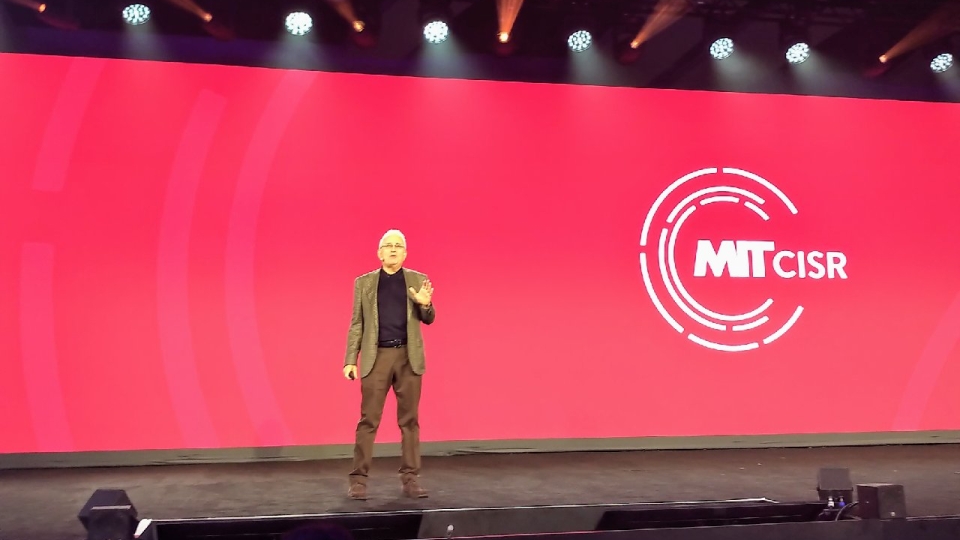
Partners and customers of business software vendor IFS are being encouraged to take part in benchmarking research to enable them, and their specific industries, more successfully move to AI deployments.
At the IFS Unleashed partner and customer event in Orlando, Florida this week, which IT Europa is attending, we were told that participants could now sign into the IFS Community and shape AI strategies, to help them get started and try and avoid obstacles to deployment.
IFS has said it will have 60 AI use cases by the turn of this year, that can be adopted by partners and customers to ease AI paths, but it acknowledges that some will move faster than others.
IFS CEO Mark Moffat said: “Real-time businesses [see below] through AI are outperforming non-real-time businesses by a factor of...just pick a number, it is that clear.
“But it comes down to design and integration capabilities, so we are committed to solution templates that can be used by the IFS Community.”
However, with a substantial number of IFS customers still using legacy software on-premise, he admitted it would be a slower race for them.
“We had the wider and gradual move from on-premise to cloud before, and now we have the much faster move from cloud to AI. Anyone already in the IFS Cloud has to be ready, but even then, it depends whether they feel they are ready, and what appetite they have.”
To jog everyone along at the conference, we had an energetic presentation from Peter Weill (pictured), senior research scientist and chairman for MIT CISR. The CISR at the Massachusetts Institute of Technology stands for the Centre for Information Systems Research, and has now put AI at front and centre of its efforts.
Weill told delegates: “AI is now a real-time business opportunity, as it helps you onboard customers quicker, answer questions immediately, and solve problems.”
He cited United Airlines as a prime example of a real-time business now, using a modular approach that builds up with extra investment that follows specific successes. For example, the process of keeping a plane at the gate for an extra five or ten minutes, to allow late connecting passengers to catch it, used to involve up to 40 people communicating with each other to approve any delay.
Before, the flight crew were often in the dark as to what was happening. Now, through the cloud, mobile technologies, APIs, real-time security, traditional AI, and generative AI, almost instant decisions about organised delays can be made involving the flight crew.
“This will all be driven through the customers, we want real-time decisions as customers, as we get frustrated by not getting them at some organisations, when we get them at others,” said Weill.
Asked how organisations should start with AI, he said: “I would go back to work from this conference, and ask colleagues what are the three decisions we could take in real-time, and discuss what is necessary to get there.”
MIT CISR is involved in the IFS Community AI benchmarking initiative, and Weill encouraged attendees to sign up.


